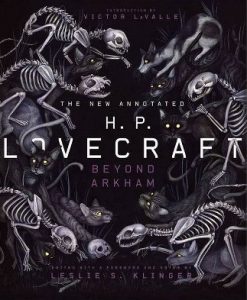C. P. Webster
The Horror Beneath
Independently published, 2023
“Whatever the history of the house, Wingood felt confident that von Hallerstein had not been carried off by vengeful spirits. No, von Hallerstein was too substantial a man for that.”
How this excellent novella reached my hands is a story that must be told! (more…)
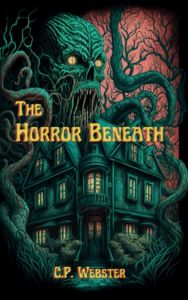

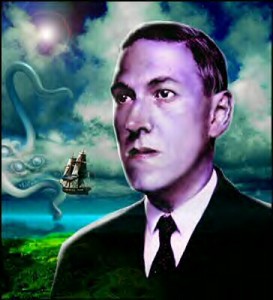
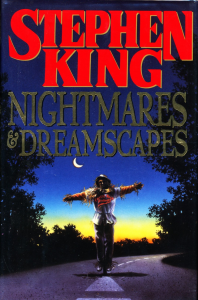
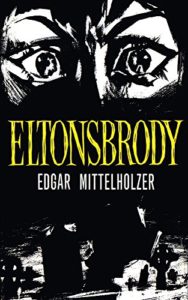 6,669 words
6,669 words